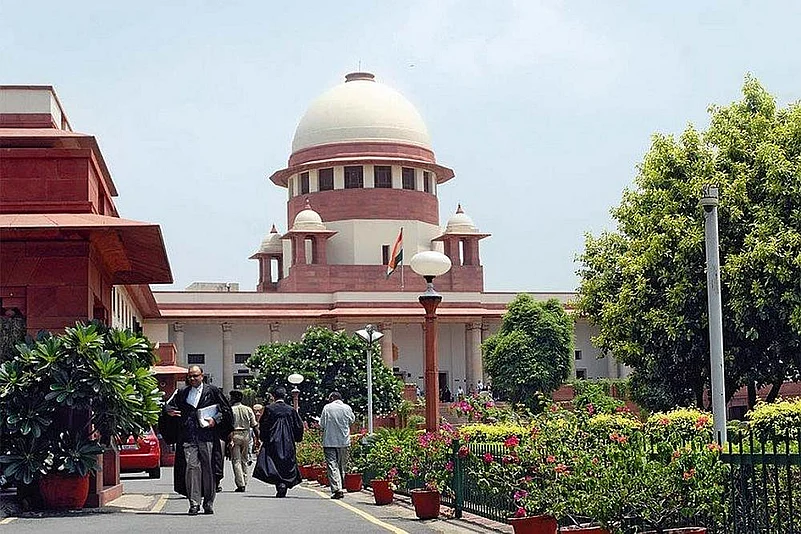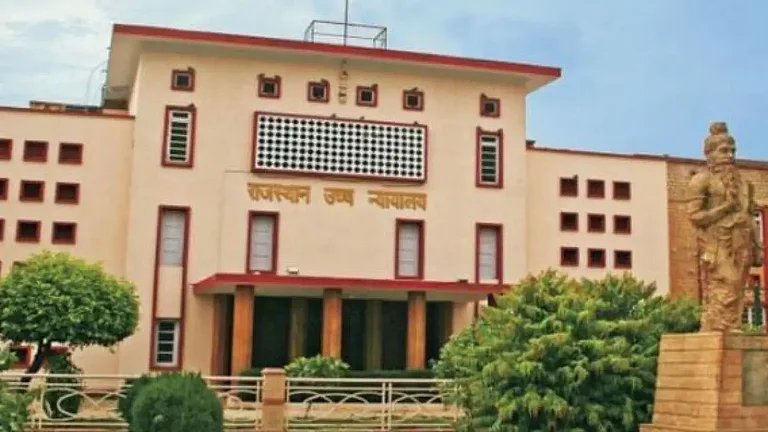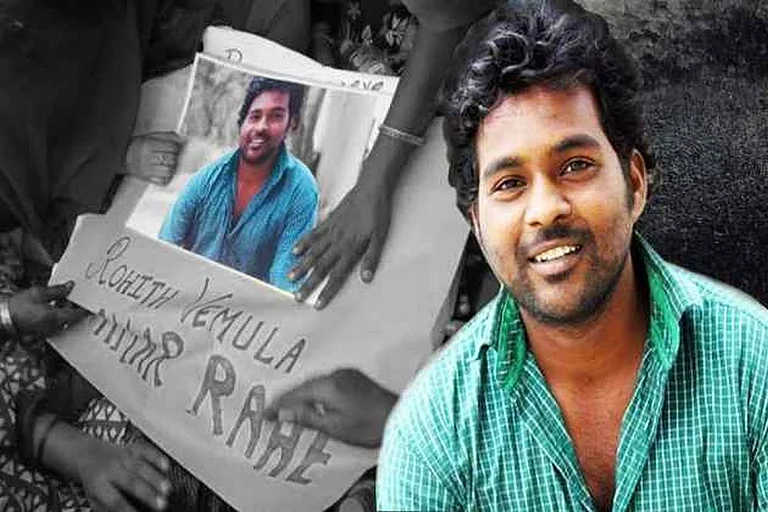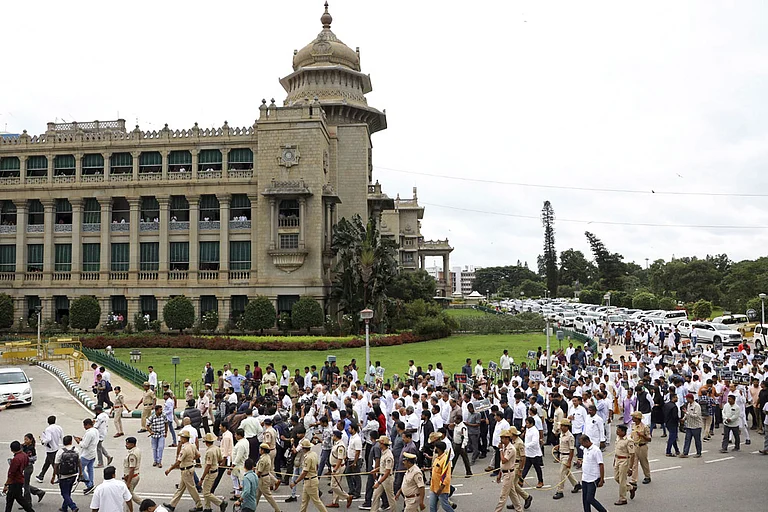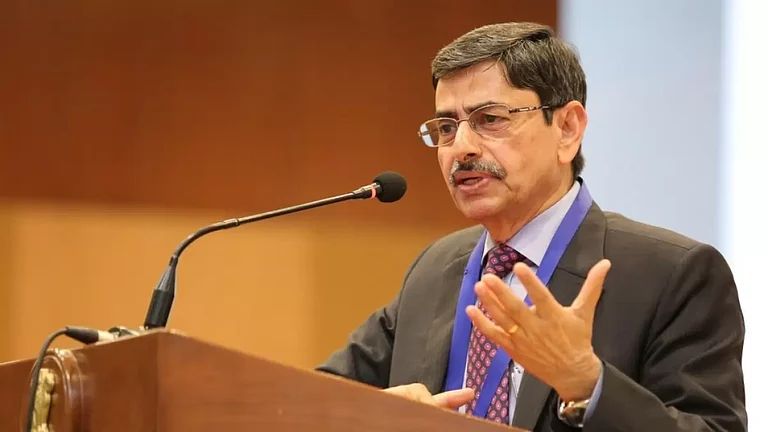
The Supreme Court’s statement on Thursday that courts cannot set deadlines for governors or the president to grant assent to state legislation comes at a time when 33 bills in four Opposition-ruled states remain pending.
Among the pending bills, 19 are from West Bengal, 10 from Karnataka, three from Telangana and at least one from Kerala.
The rising number of pending bills has drawn attention after the Supreme Court held that while it cannot impose timelines on governors or the president, governors cannot delay bills for “perpetuity”.
The Supreme Court’s statement on Thursday that courts cannot set deadlines for governors or the president to grant assent to state legislation comes at a time when 33 bills in four Opposition-ruled states remain pending. Experts said the 10 Tamil Nadu bills that received deemed assent from a bench led by Justice J B Pardiwala on April 8 under Article 142 are unaffected, as they have already become law and been notified in the Gazette.
Among the pending bills, 19 are from West Bengal, 10 from Karnataka, three from Telangana and at least one from Kerala. West Bengal Assembly Speaker Biman Banerjee noted that 19 bills passed by the state assembly, including important legislation, are still awaiting the governor’s approval. He said a bill loses relevance when it remains in limbo. “A bill is brought for the benefit of the people. The government brings it, it is debated, and dissent is recorded. Once passed, it goes to the governor. He may give assent, refuse assent, or return it with recommendations. If returned and passed again, he must give assent,” he said.
In Karnataka, at least 10 bills, including one proposing four per cent reservation for Muslims in civil works contracts, are pending with the president, according to official sources. They clarified that no bill is pending before the Karnataka governor. The Karnataka Transparency in Public Procurements (Amendment) Bill, 2025, referred to the Centre in June 2025, proposes reserving four per cent of civil works contracts up to ₹2 crore and goods and services contracts up to ₹1 crore for Muslims.
In Telangana, Congress leaders criticised the delay in clearing various proposals, including the Backward Classes Quota Bill, which they allege is pending with Governor Jishnu Dev Varma. On September 26, the Congress government issued an order implementing 42 per cent reservation for BCs in local bodies, following two bills passed earlier this year to raise BC quotas to 42 per cent in education, employment and local governance. These bills are now with the governor and awaiting presidential assent. The proposal to nominate former cricketer Mohammad Azharuddin as an MLC under the governor’s quota also remains pending, even though he has been sworn in as a minister.
In Kerala, several bills remain stuck without gubernatorial approval, some for over a year. Many of these date back to the tenure of former governor Arif Mohammed Khan and involve amendments to University Laws, including provisions on appointing vice chancellors, teaching staff and separate chancellors for various universities. A bill passed during the government’s dispute with Khan, seeking to appoint different chancellors for Kerala’s universities has still not been cleared.
The rising number of pending bills has drawn attention after the Supreme Court held that while it cannot impose timelines on governors or the president, governors cannot delay bills for “perpetuity”. The five-judge bench led by Chief Justice B R Gavai said “indefinite delay” may face limited judicial scrutiny and clarified that the court cannot grant deemed assent under Article 142, as that would effectively take over the role of a “separate constitutional authority”.
Tamil Nadu’s ruling DMK responded that the Supreme Court’s position in the Presidential Reference amounts only to an opinion, not a binding judgment, and will not influence future court proceedings.
With PTI inputs






